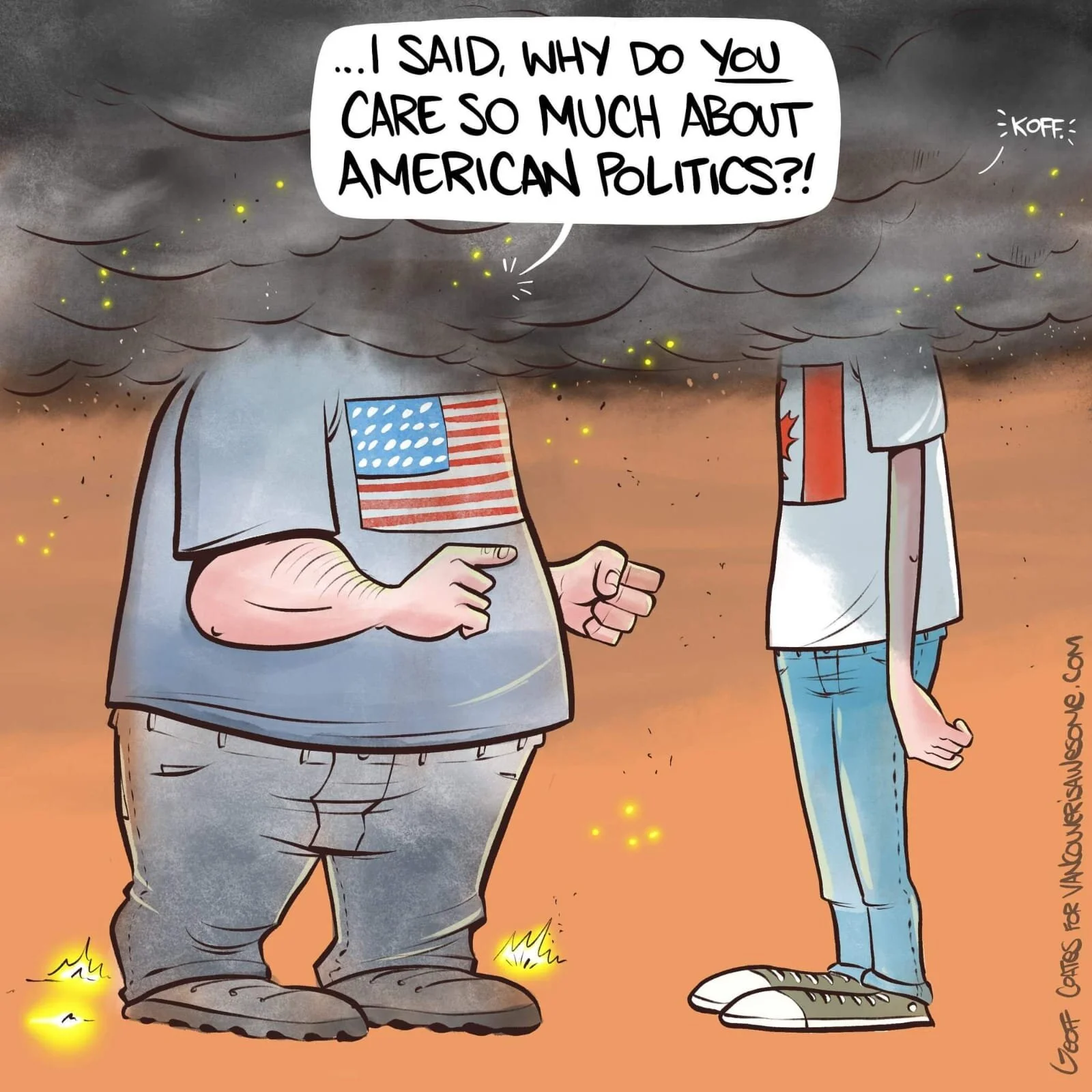Book, book, read it, read it.
I am a Kindle addict.
It started with a gnarly bout of insomnia when I was traveling for work. I needed comfort and a distraction from the 3am swirl, stress, and ensuing frustration. While my traveling has subsided, I still have regular insomnia and a Kindle addiction (a great way to devour books without having to sit still during the day!).
I’ve read for 668 days in a row, 140 weeks.
I read mostly fiction, and mostly books written by women. I don’t like to admit it, but I have a hard time staying focused when reading business books, so I tend to read parts, then go to fiction, then reengage, then back to fiction, then reengage.
Here’s a smattering of the books I’ve gained a world through:
Read The Vanishing Half - Brit Bennett, to gain insight on the implications of choosing to embrace or leave your history behind, and the impact of whiteness supremacy.
Cindy asked her what assassination meant. She told her the truth, of course — that an assassination is when someone kills you to make a point. Which is correct enough, Still supposed, but only if you were an important man. Important men became martyrs, unimportant ones victims. The important men were given televised funerals, public days of mourning. Their deaths inspired the creation of art and the destruction of cities. But unimportant men were killed to make a point that they were unimportant — that they were not even men —and the work continued on.
Read Untamed - Glennon Doyle, for inspiration to go after your passion and dreams.
Every philanthropist, if she is paying attention, eventually becomes an activist. If we do not, we risk becoming codependent with power— saving the system’s victims while the system collects the profits, then pats us on the head for our service. We become injustice’s foot soldiers.
Read The Searcher - Tana French, for an Irish take on the gritty “old” west, the impact of honor cultures, plus a feminist bent.
Read The Office of Historical Corrections - Danielle Evans illuminates the impact of purposeful omissions in US history.
She corrected every memorial to lynching, every note about burnt schoolhouses and destroyed business districts, murdered leaders and bombed churches, that failed to say exactly who had done it. She thought the insistence on victims without wrongdoers was at the base of the whole American problem, the lie that supported all the others.
Read Stamped: Racism, Anti-racism and You - Ibram X. Kendi, to kick-off a dive into the US history of racism.
This is how racism works.(…) Get enough people on your side to tell you you’re right, and you’re right. Even if you’re wrong. And once you’ve been told you’re right long enough, and once your being right has led you to a profitable and privileged life, you’d do anything to not be proved wrong. Even pretend human beings aren’t human beings.
Read The Only Good Indians - Stephen Graham Jones, for horror fans, and the “threat” of leaving your history behind. I am a fan.
Read The Emotionally Intelligent Office - The School of Life, to lovingly contemplate your organization, and you within it.
Although the angry may seem negatively predisposed to life, they are in their hearts recklessly hopeful. How badly we react to frustration is critically determined by what we think of as normal. (…) We aren’t overwhelmed by anger whenever we don’t get something we want, only when we first believed ourselves entitled to secure it and then did not. Our greatest furies spring from events that violate our sense of the ground rules of existence.
Read Big Magic - Elizabeth Gilbert, to reposition inspiration and fearlessly create.
Pursue whatever fascinates you and brings you to life. Create whatever you want to create—and let it be stupendously imperfect., because it’s exceedingly likely that nobody will even notice. And that’s awesome.
Don’t let go of your courage the moment things stop being easy or rewarding. Because that moment? That’s the moment when interesting begins.



